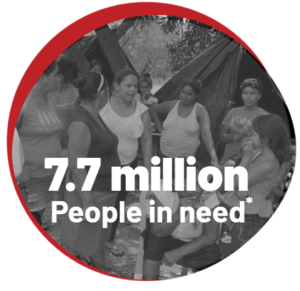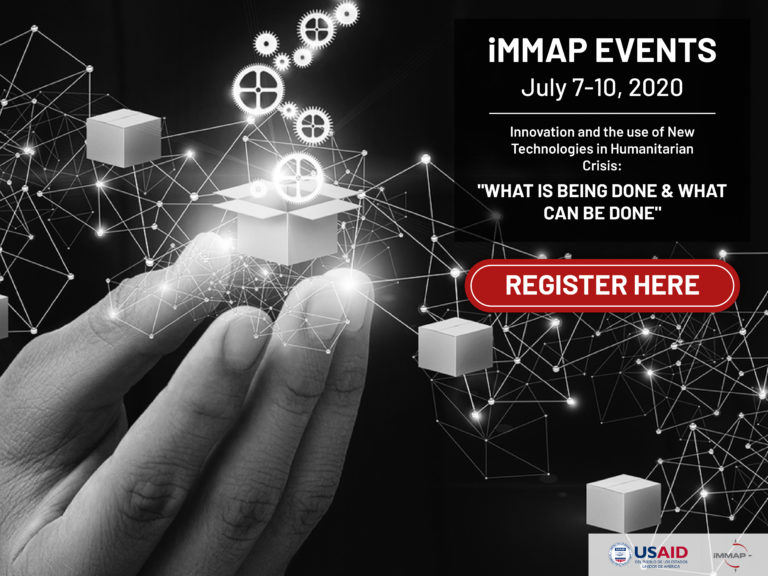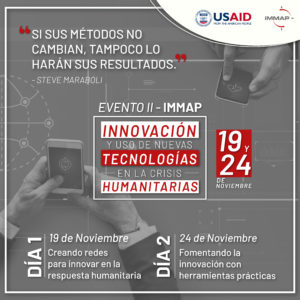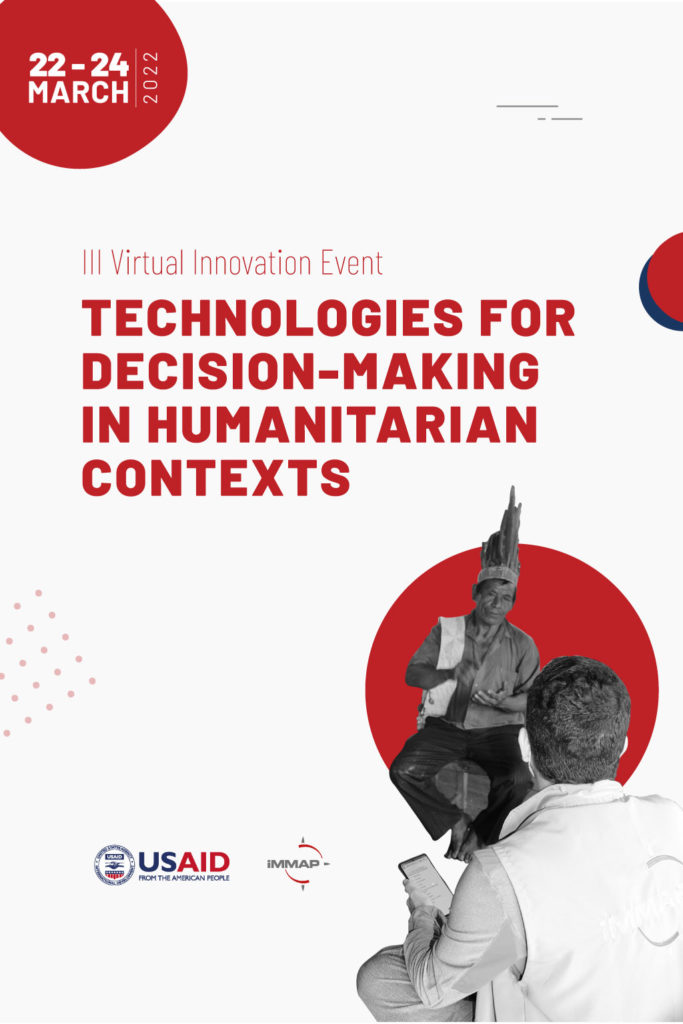
By registering your personal data in this form you authorize iMMAP Colombia to collect, store and use them in order to advance the process of collecting satisfaction data of the academic journey, as well as to inform you about other events organized by this entity, related to our functions, about the services we provide, the publications we produce and to ask you to evaluate the quality of our services. As a Holder of information you have the right to know, update and rectify your personal data, request proof of the authorization granted for its treatment, be informed about the use that has been given to them, file complaints before the SIC for infringement of the law, revoke the authorization and/or request the deletion of your data in the cases in which it is appropriate and access them free of charge.
OBJECTIVE:
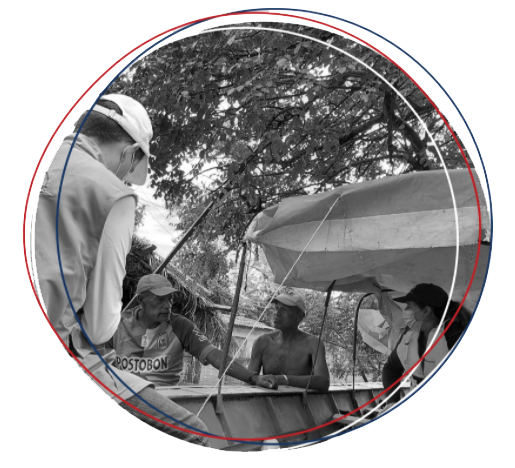
To promote the adoption of new technologies in Colombia and the LATAM region, increasing the discussion on the potential use of innovation and technology to advance humanitarian work in training, measuring the impact of IM and localizing IM directly with beneficiary populations.
Main topics
Topic 1: Artificial intelligence applied to humanitarian and development contexts
The event will begin by focusing on conceptual aspects of artificial intelligence and its main challenges. We will address the ethical issues of the application of artificial intelligence. We will discuss whether artificial intelligence is enabling the resolution of humanitarian crises. We will explore the progress of regulatory agreements on artificial intelligence that are being developed in Europe and Latin America, and understand how to take advantage of them to implement different technological initiatives in the humanitarian context. We will end the day with clear examples of the use of artificial intelligence in the rapid detection of landslides, floods and other types of disasters.

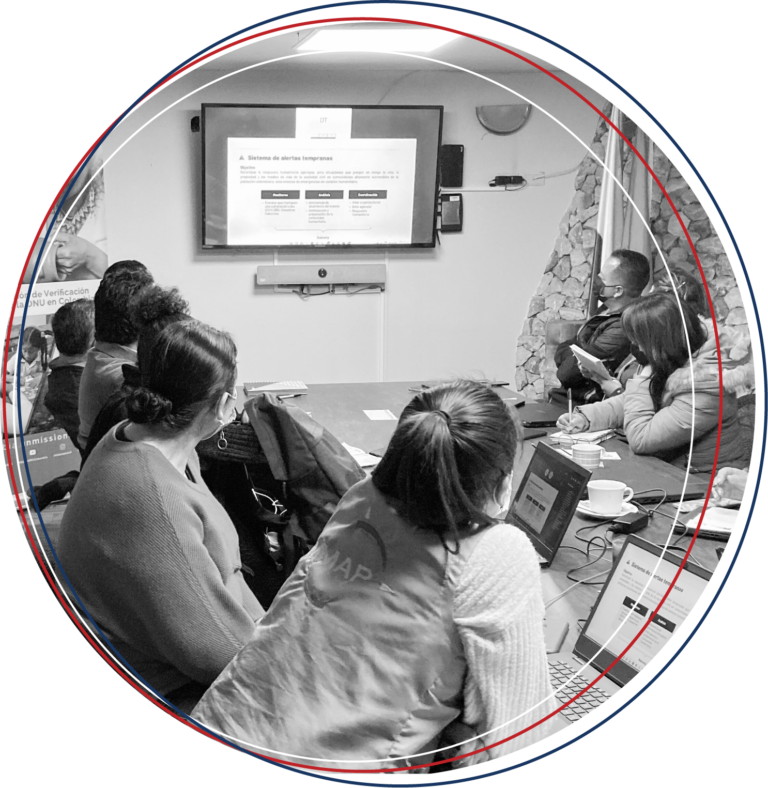
Topic 2: Potential uses of information management techniques and tools in humanitarian crises
Technology alone cannot generate the impact we want in our projects and our communities. It is important to understand how technology corporations working in the humanitarian sector have managed to forge strategies and commitments with stakeholders to achieve a better and greater impact on affected communities. For this, we will share several global experiences in information management. Also, we will see examples of information gathering in contexts of humanitarian crises such as the one going on in Ukraine.
Topic 3: Use of new technologies and algorithms at the service of the humanitarian community
We will conclude the event with the use of new technologies and algorithms. In this session we will see examples of the use of natural language processing techniques, the use of cellular data to estimate the social and economic segregation of a population, as well as the development of analytics to understand social distancing and the spread of COVID-19. Also, we will share experiences in the development of frameworks and best practices for adopting technology to foster greater knowledge of the different interventions in the humanitarian sector.
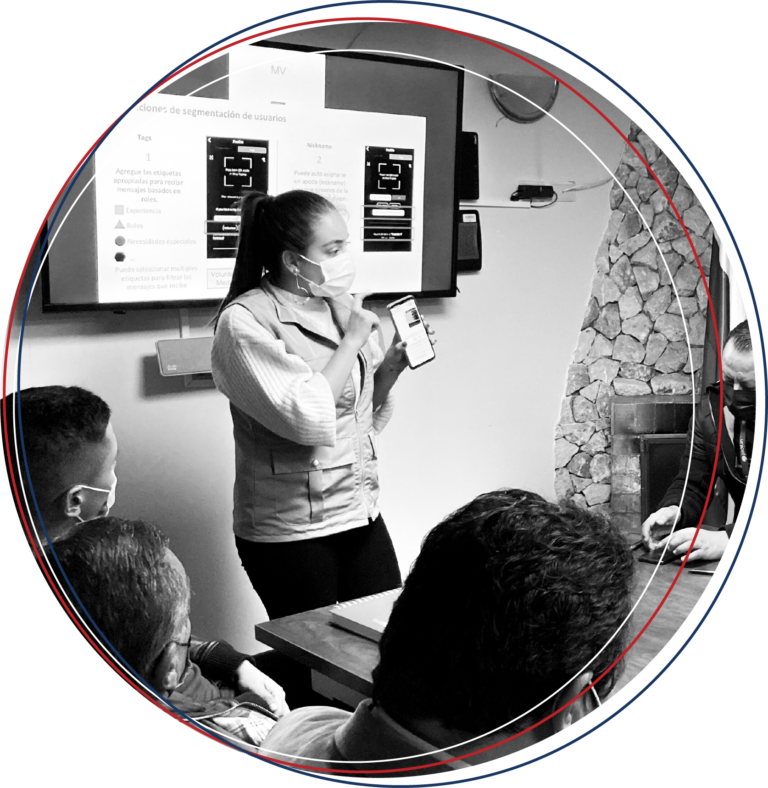
Humanitarian context in Colombia
